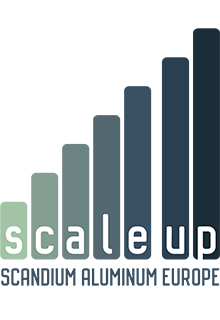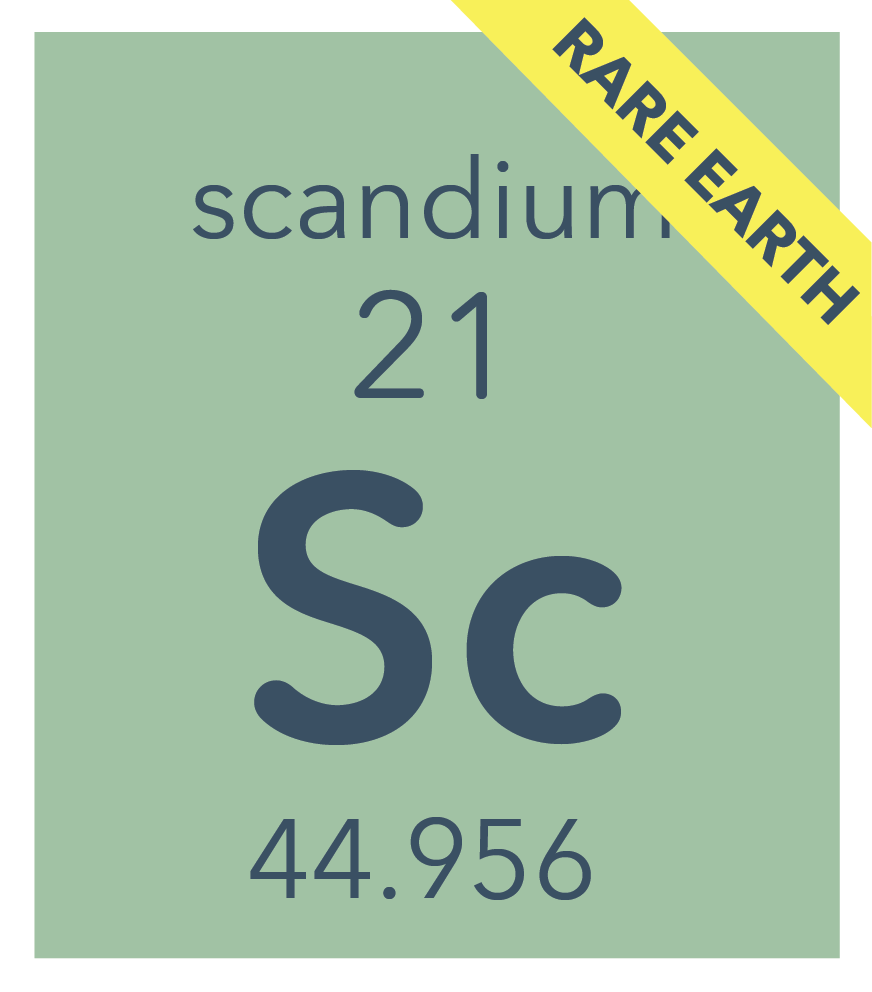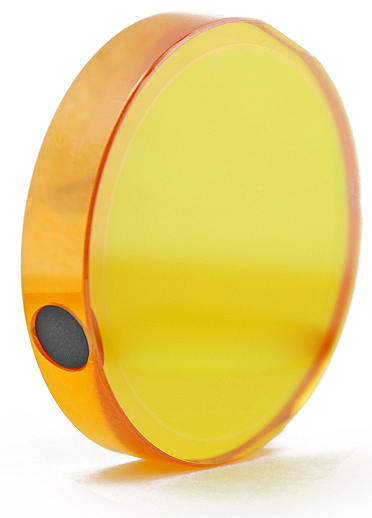
The National Technical University of Athens (NTUA) is the oldest and most prestigious technical educational institution in Greece. Over the last 30 years NTUA is actively participating in many national and international research and development projects.TodayNTUA has more than 7000 students, employs 700 persons as academic staff and more than 2500 researchers. Based on Euro Research Ranking Data, NTUA reached 10th place in 2010 between educational organizations and 3rd position on Networking Rank (Reputation). Last year only, was coordinating or participating in 67 European projects and the last decade was funded from European Commission 400Μ€. NTUA is a Partner in EIT Raw Materials
The Laboratory of Metallurgy, School of Mining and Metallurgical Engineering
The Laboratory of Metallurgy (LabMet) has experienced significant progress in the last 30 years in terms of research and development projects in various fields, like extractive metallurgical process development, rehabilitation of sites polluted from mining and metallurgical industries, thermodynamic studies of metallurgical systems, mathematical modelling, simulation of metallurgical and environmental protection processes, synthesis of inorganic polymeric materials from mining and metallurgical wastes, networking in the areas of mining, ornamental stones and processing. All these activities have led to the gain of considerable expertise and international reputation. In the last 10 years alone the LabMet has been involved in more than 30 National and European research projects, attracting in total more than 10 million Euros in funding and producing more the 300 scientific publications in international journals and international scientific conferences. The Laboratory of Metallurgy currently employs 6 members of academic staff, 5 senior engineers holding Ph. D. degree and over 15 postgraduate students. The approved research funding of the laboratory for the last 3 years was 6 million euros.
NTUA LabMet has significant expertise in both BR treatment technologies having developed several processes and initiated several project (among others the recent ENEXAL project) as well as in REE metallurgy where it coordinates the EURARE ‘flagship’ project. Recent RTD results from EURARE include leaching REE with Ionic Liquids as well as low temperature electro-recovery of REEs.
In SCALE LabMet handles the scientific coordination and is involved in several aspects of the project, including selective leaching of BR with Ionic Liquids, Scelectorecovery in Ionic Liquids, as well as coordinating the dissemination and clustering/networking effort of the consortium.
Website: http://www.labmet.ntua.gr
The Laboratory of Inorganic and Analytical Chemistry
The Laboratory of Inorganic and Analytical Chemistry (ChemLab) has an extensive and significant experience in the following fields:
- recovery of valuable elements from industrial by-products in laboratory and pilot-plant scale,
- analysis of main, minor, trace and ultra-trace elements and compounds in various matrices by different modern instrumental methods (spectrometric, voltametric, chromatographic, thermal and hyphenated analytical techniques),
- production and characterization of superconductor powders and coatings,
- speciation of toxic elements in environmental, biological and food samples (participation in many European and Greek intercomparison and certification exercises),
- studies of airborne particulate and particulates emitted from catalytic vehicles and burning of biomass in terms of sampling and composition,
- statistical evaluation, modeling and feasibility studies.
Since 2007 ChemLab is certified according to the quality management system ISO/EN 9001:2008 for the above-mentioned fields, providing furthermore services to third parties. The research group is staffed with qualified scientific personnel and equipped with modern instrumentation and facilities elaborating the above-mentioned research. ChemLab has an over 20 year experience in the field of rare earth elements (REEs) in Greek bauxites and red mud (BR: bauxite residue), covering the analysis, separation and recovery of REEs in laboratory and pilot plant scale and developing an innovative isolation for scandium (Sc). From this REEs research 24 publications in international journals, international and Hellenic conferences resulted, as well as 5 international, European and Greek research projects (total budget about 1 million Euros), 2 PhD and 5 postgraduate and diploma theses in the School of Chemical Engineering, NTUA.
In SCALE ChemLab is involved with 8 experienced researchers and 4 other scientific support staff members in conducting BR leaching with sulphuric acid for the maximum, selective and cost efficient recovery of REEs and especially Sc. This technology is optimized and tested in AoG.

 Scandium is a chemical element with symbol Sc and atomic number 21. A silvery-white metallic d-block element, it was discovered in 1879 by spectral analysis of the minerals euxenite and gadolinite from Scandinavia.
Scandium is a chemical element with symbol Sc and atomic number 21. A silvery-white metallic d-block element, it was discovered in 1879 by spectral analysis of the minerals euxenite and gadolinite from Scandinavia.

